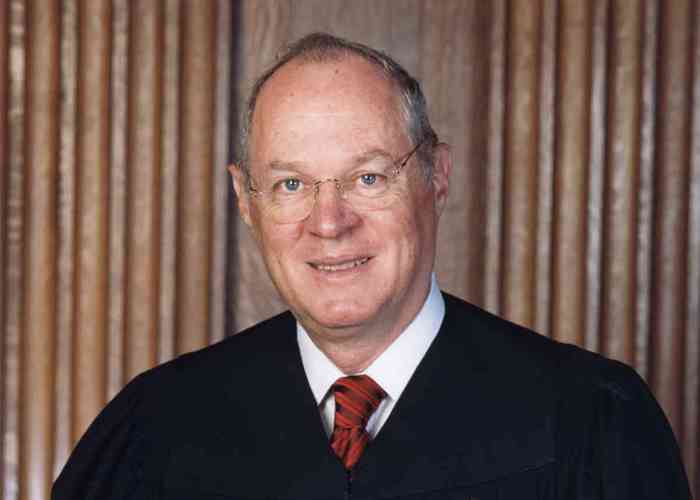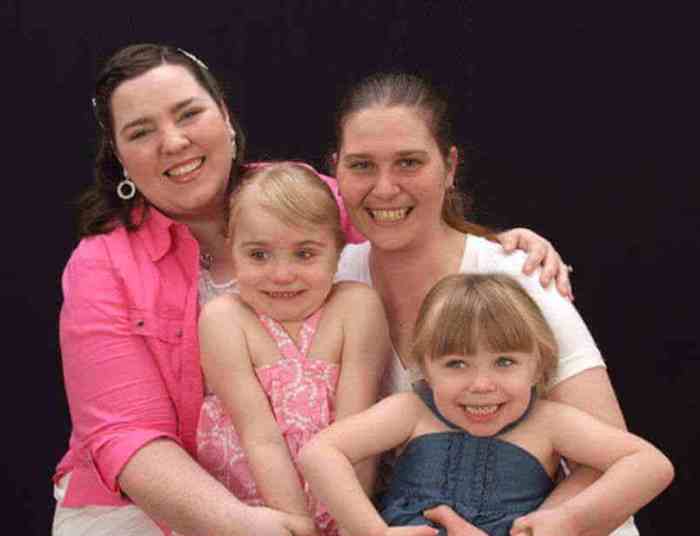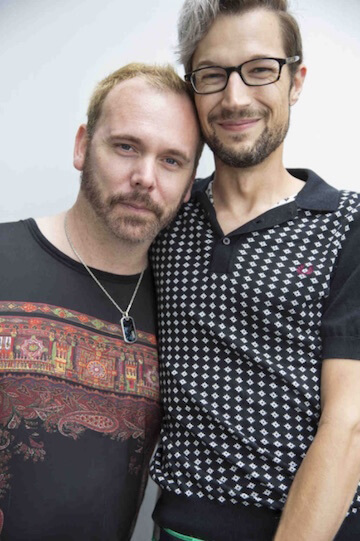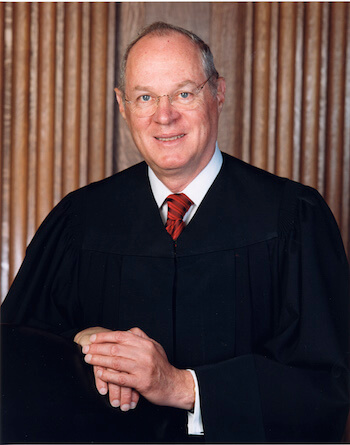Children are not fussed if their parents are gay, lesbian, or straight according to a new study, and those with same-sex parents are actually more emotionally stable,” write Ben Geldblum and Laura Sharman of The London Economic. “Researchers found a child’s well-being to be linked to how well the family functions rather than parents’ sexuality. Youngsters with same-sex parents reported less family difficulties and proved to be more emotionally stable than those with different-sex parents, according to the study published in The Journal of Developmental and Behavioral Paediatrics.”
I take issue with this: it should be “fewer family difficulties,” and I don’t particularly care for the distorted British spelling of pediatrics.
The study took place online in Italy, Geldblum and Sharman tell us, and included three groups of parents: “Seventy gay fathers who had children through surrogacy, 125 lesbian mothers through donor insemination, and 195 heterosexual couples” who had kids through what the writers amusingly call “spontaneous conception,” which conjures an image of couples sitting in their living rooms drinking fine Super Tuscans when suddenly, out of nowhere, the startled women cry, “Oh, penso di aver improvvisamente preso dei ciambelle nel forno!”*
PERSPECTIVE: Media Circus
“The families were matched for their child’s characteristics, aged three to 11, and assessed on their parenting skills, how often they agreed with their partner, family functioning, and their child’s strengths and difficulties.”
Well, guess what, Focus on the Family? Professor Roberto Baiocco of the University of Rome, who conducted the research, said, “Our findings suggested that children with same-sex parents fare well, both in terms of psychological adjustment and prosocial behaviour [there go those Brits again!]. Overall, children of same-sex parents had fewer reported difficulties than children of different-sex parents.”
Gay fathers came out on top in the “best functioning families” contest, a finding Baiocco attributed to “the high level of commitment needed for homosexual men to become parents via surrogacy.”
Also, gay fathers were notably older, more economically secure, and better educated, and — this is a surprise — they had more stable relationships than lesbian mothers and straight couples. In addition, “parents who felt less competent as parents and were less satisfied in their relationships reported more problems in their children.” As far as the kids were concerned, according to the survey, “Girls from all three family types were found to have less external problems such as aggressive behaviour and were ‘more prosocial,’ meaning they were more likely to help, cooperate, and share with others.”
It should be fewer problems, not less problems. And let’s not even speak about behaviour.
Josh Barro offers some sane advice in his article “Some practical thoughts on gay marriage after Anthony Kennedy’s retirement.” Frankly, my first reaction to the news of Kennedy’s departure from the Supreme Court was an intense feeling that I was about to throw up. Barro’s piece eased my mind and stomach — a little bit.
He correctly points out that Chief Justice John Roberts likes precedent: Roberts seems committed to maintaining the court’s “institutional caution.”
Second, Barro urges us all to start preparing for the fight:
“Previewing possible consequences of a post-Kennedy court,” Barro writes, “the Washington Examiner editorial board says if Obergefell were overturned, ‘the most likely outcome is that a few states might stop allowing new marriages.’ This is incorrect. The effects of overturning Obergefell would be much broader.”
Now before you, too, feel the vomit surging, hear Barro out.
“There are 30 state constitutions that already contain prohibitions on same-sex marriage. Currently, these provisions are dead letter; they exist, but they can’t be enforced because of Obergefell. But if that decision were overturned, at least some of them would become good law again. The exact number would depend on the exact terms of a decision overturning Obergefell and how it would affect same-sex marriage bans that were struck down in cases other than Obergefell. But most likely, same-sex marriage would be instantly prohibited in something like half the country. Some of these bans would be in blue states that would have likely repealed their state constitutional bans on gay marriage if not for Obergefell rendering them moot — think Oregon, Colorado, and Virginia. Because marriage equality has two-thirds support nationally and rising, some states would likely proceed swiftly to repeal their reinstated bans. But they could only move so swiftly — in most states, repeal would involve gathering ballot signatures and then waiting for at least one general election.”
Evan Wolfson may have to start thinking about re-opening his organization, Freedom to Marry, which he deemed obsolete when same-sex marriage became the law of the land in 2015.
“So,” Barro continues, “reversing Obergefell wouldn’t just restore the option for states to ban gay marriage. It would impose such bans, often in places where they would be very much unwanted by the public. And the Supreme Court would take the blame. That overturning Obergefell would cause such a mess is a reason to think the conventional wisdom is right: The court is unlikely to do so.”
If you think that Barro is being overly optimistic about Roberts’ respect for precedent, keep reading: “Roberts’ votes to keep the Affordable Care Act in place, which drew the ire of so many conservatives, were widely interpreted as a protective move to save the court from the backlash that would have come from intervening in a policy area it didn’t absolutely need to.
“His recent dissent in Wayfair vs. South Dakota was a paean to the virtue of stare decisis, or leaving old decisions in place, even in an area where he admitted the court had erred in its preceding decisions.” (The case is actually called South Dakota v. Wayfair. It’s the one that ruled that states could impose a sales tax on companies that don’t have a physical presence in those states — like every Internet-based retail operation, for instance.)
Barro continues, “If Obergefell remains in effect, repealing these bans won’t actually change public policy. But a national campaign to do so would serve four purposes:
Allow states to ensure that marriage equality is not vulnerable to changes in the composition of the Supreme Court, which could become even more conservative if Trump is able to replace a liberal justice and Roberts is not the swing vote.
Send a public message that states and their residents affirmatively support marriage equality and are not just abiding by a federal edict.
Energize Democratic voters to turn out to vote for a pro-equality measure, while placing Republican politicians on the wrong side of a wedge issue.
Raise the salience of judicial nominations for Democratic voters, with a powerful and ongoing reminder that it matters who sits on the Supreme Court, because key rights can be placed at risk when the court’s composition changes.”
Barro summarizes his position with this wrap-up: “A favorable court decision isn’t a reason to stop worrying about public opinion. Rising public support for gay rights and LGBT people is as important as court protections in improving our daily treatment in America, because policy isn’t everything and non-discrimination law (even if it existed in all 50 states) can’t govern every harmful action that might happen. Winning hearts and minds is important, we’ve done it, and we should capitalize on that fact.”
So, Mr. Barro, now will you please unblock me from your Twitter feed?
*“Oh, I suddenly think I have buns in the oven!” Follow @EdSikov on Twitter and Facebook.

































